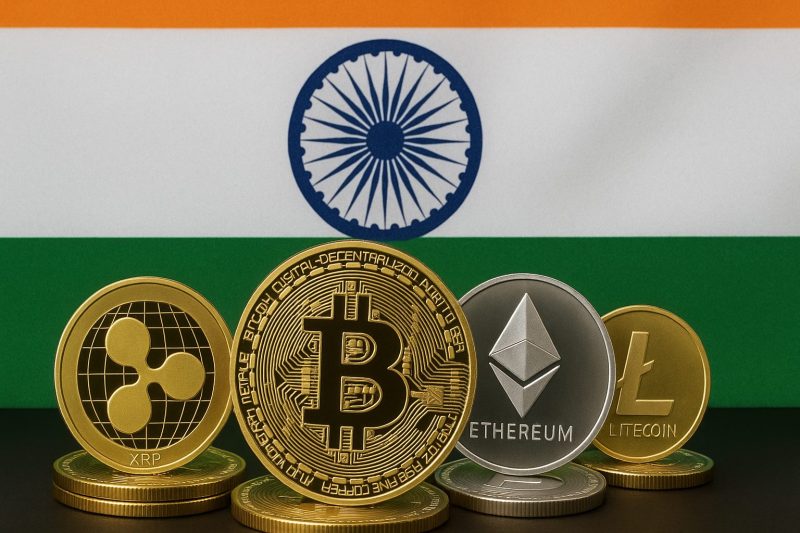India’s Central Board of Direct Taxes (CBDT) has begun discussions with crypto industry stakeholders on whether the country needs a dedicated Virtual Digital Asset (VDA) law. The move signals the government’s willingness to revisit existing tax rules that many argue are stifling market growth.
Key Issues Under Review
The consultation is exploring several major points:
- Should the current tax framework continue, or is a separate crypto law required?
- Which regulatory body should oversee a dedicated statute?
- Is the 1% Tax Deducted at Source (TDS) on every transaction too high, and if so, what would be a fairer rate?
- Should traders be allowed to offset losses from crypto investments?
- Are rigid rules forcing investors and businesses to shift operations abroad?
Current Tax Rules on Crypto
Since April 2022, India has imposed strict tax measures on VDAs:
- A flat 30% tax applies to all crypto gains, with no benefits from capital gains rules. Only acquisition costs are deductible.
- From July 2022, Section 194S introduced a 1% TDS on every VDA transfer above specified limits, collected at the time of transaction.
- Losses from crypto cannot be set off against other gains or carried forward to future years.
Impact on the Industry
Industry participants say these rules have made local trading unviable:
- Trading volumes on Indian exchanges reportedly plunged by as much as 90% after the TDS was enforced.
- Advisory groups such as Chase India and IndusLaw have urged lowering the TDS to 0.1–0.5% and allowing loss carry-forward to improve compliance while still tracking transactions.
- The tax department has stepped up scrutiny, targeting high-risk individuals suspected of evasion and carefully examining income-tax filings.
- Despite challenges, tax collections from crypto increased to ₹437.43 crore in FY 2023-24, up from ₹269.09 crore the previous year.
The CBDT’s consultation on a dedicated VDA code could reshape India’s crypto tax landscape. A more balanced approach—such as reducing TDS and allowing loss adjustments—may encourage compliance, prevent capital flight, and support domestic innovation. The outcome of these discussions could determine whether India builds a more sustainable crypto ecosystem or continues driving traders offshore.
